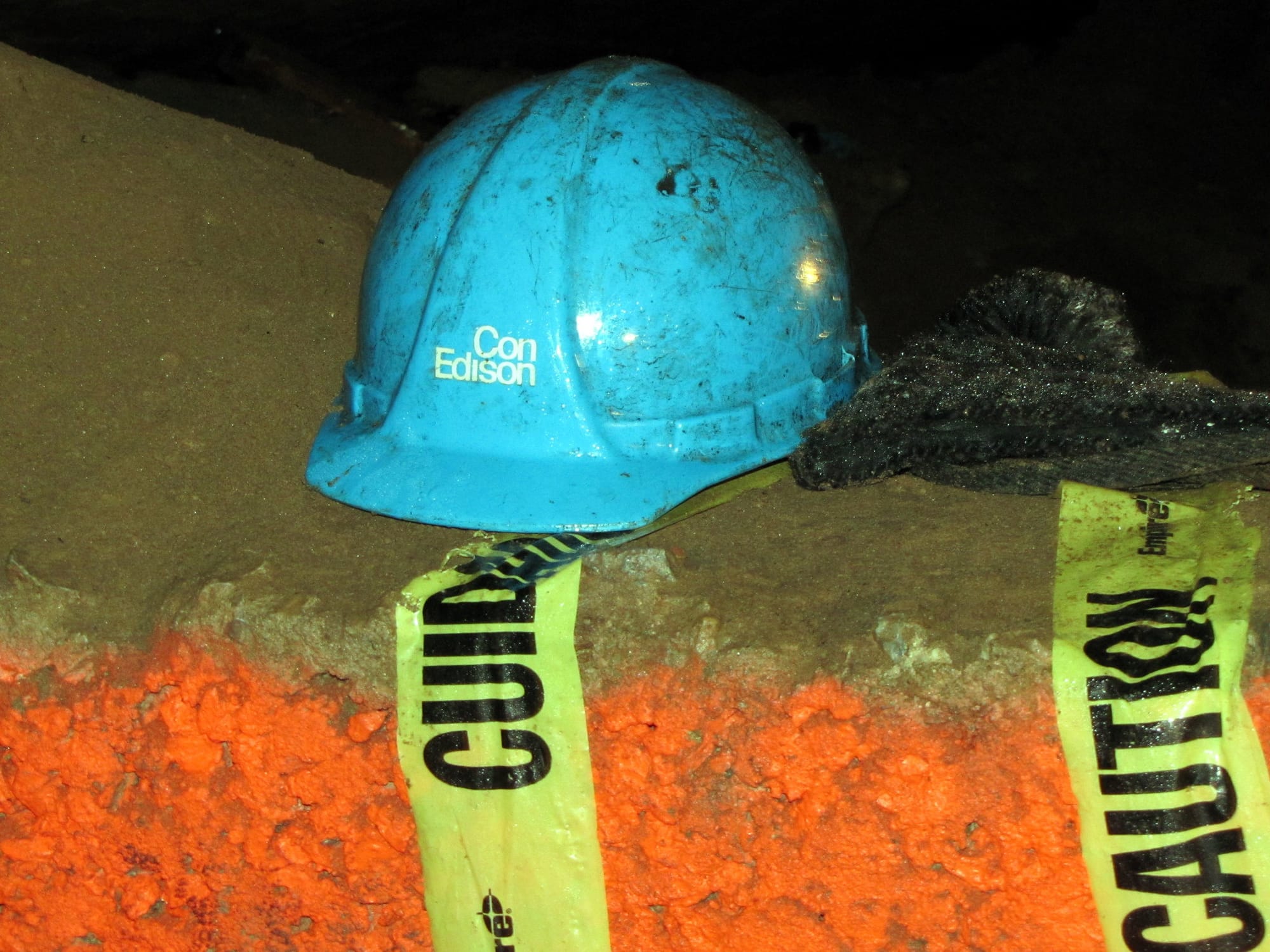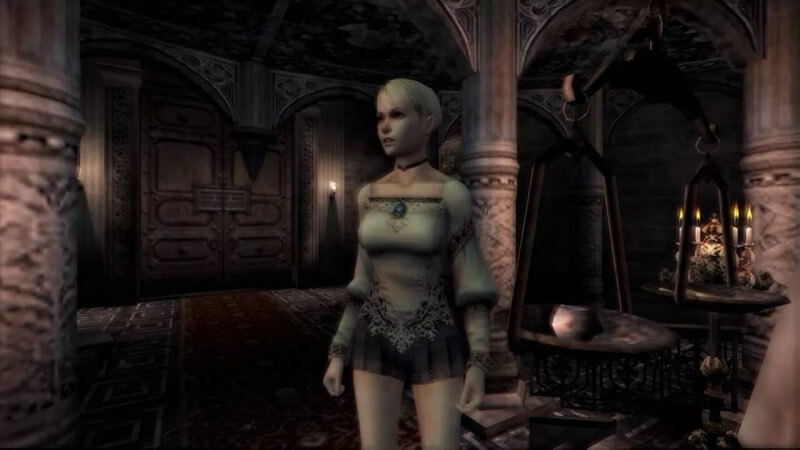
Even compared against a game industry that generally makes it incredibly hard to experience the classics, it’s exceedingly difficult to play many of the most interesting horror games ever made. A very significant percentage were never re-released on modern systems or on PC, with the only legal way to play being to buy exorbitantly expensive physical copies and old-school original hardware.
The PlayStation and PS2 eras, in particular, gave us a wide range of games that were derided as “Silent Hill or Resident Evil clones” that went on to gain cult followings that outlived their initial negative reactions, and a whole bunch of these that would benefit from coming to modern platforms.
With that in mind, we’ve created a list of five games we would love to see re-released for modern systems. However, the keyword is re-released, not remade: while a light remaster is fine, horror is very much a genre where even the smallest tweak can have a massive effect on tone and atmosphere, as indicated by a particular case of a remaster so bad that we still need a remaster of the remaster. In an ideal world, these would be served up in emulators, Virtual Console-style.
We’ve decided to leave off some of the most obvious picks from several of the most well-known series for the purposes of this list, as most of these actually have a decent likelihood to return in some form. For starters, the first four Silent Hill games badly need a re-release, especially considering that the 2012 remaster was a disaster. The first three Fatal Frame games warrant a remaster collection, as well. Siren and its sequel should be more accessible. And lastly, PT should also be officially re-released in some capacity, as there is no longer an official way to download it.
With that table setting out of the way, let’s get into five horror games that deserve to see the light of day.
Sweet Home
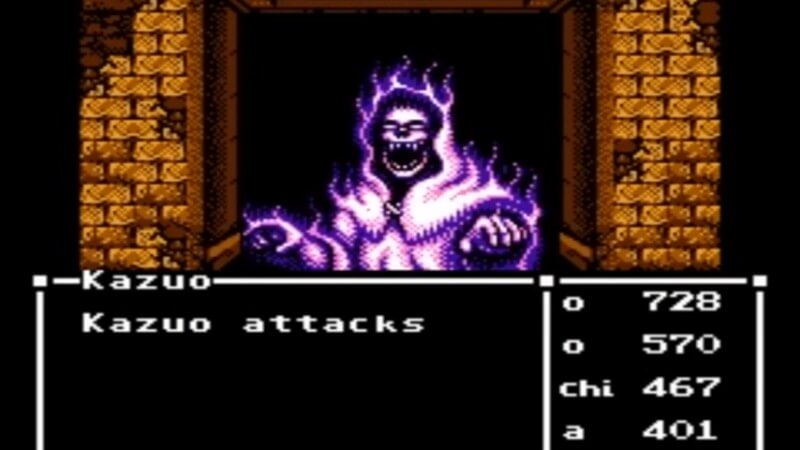
Despite the fact that it never got a release outside of Japan, it’s not an exaggeration to describe Sweet Home as seminal to video game horror: this is the game that directly inspired many of the original Resident Evil’s survival horror elements. Specifically, Resident Evil was originally envisioned as a remake of Sweet Home, with Capcom eventually pivoting because they lost the rights to the property.
Loosely based on a film of the same name, Sweet Home was released in Japan in 1989. It’s an RPG where you play as five characters, navigating them through an intricate, interconnected mansion. Along the way, you find bespoke items, like weird keys, that let you progress in areas you previously couldn’t navigate (does that sound familiar?). It told its story through a combination of in-game notes and cutscenes, something relatively uncommon at the time. While it’s possible that it may not hold up quite as well as some of the entries on the list, it’s somewhat absurd that one of the fundamental building blocks of contemporary horror games has never been released worldwide. Maybe, Capcom will eventually jump through the complicated legal hoops to make that happen.
Parasite Eve
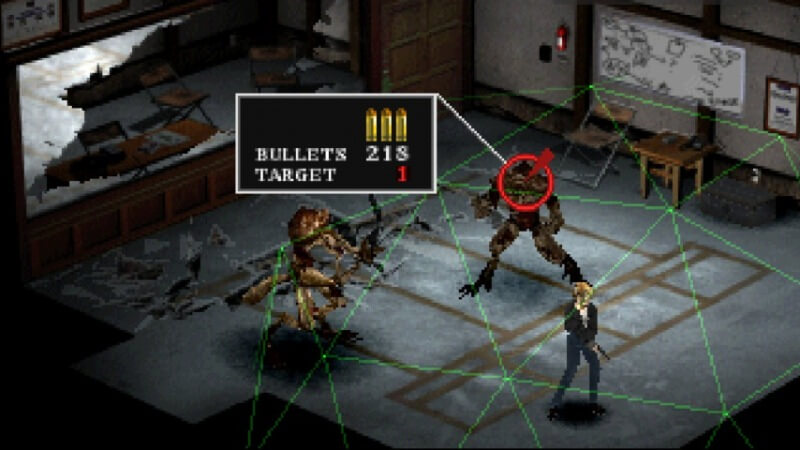
Parasite Eve is another influential game that is quite difficult to play these days. It features a unique combination of turn-based and real-time gameplay, alongside a cinematic presentation that was quite ahead of its time. The story follows Aya Brea, a New York City Cop trying to stop the end of the world—more specifically, she’s trying to stop a floating mutant woman from causing all of humanity to spontaneously combust. Between its beloved soundtrack, unique style of gameplay, and atmosphere, this is one that seems like it would be relatively well-received by a modern audience.
A major problem, though, is that like Sweet Home, it’s also tied to an outside series—in this case, a book—which would likely make it more difficult to get the rights to re-release it. Considering the clamor you still hear about that game decades later, that may just be worth it for Square.
Haunting Ground
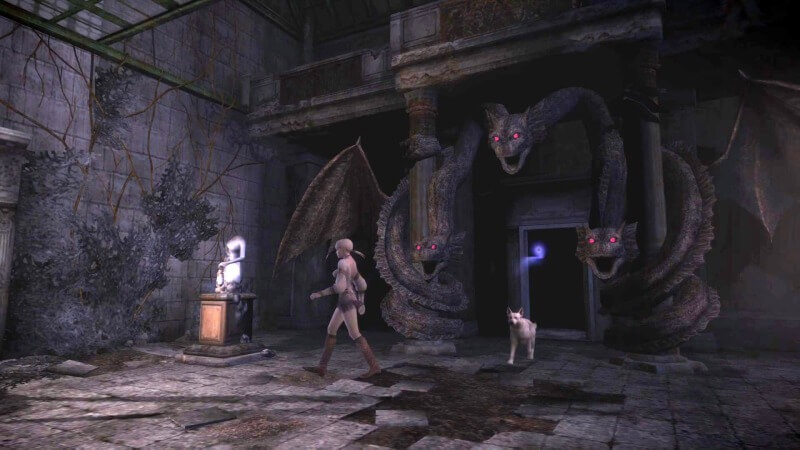
Haunting Ground is a classic example of a game that was largely panned at release, only to later be re-appraised for its purposeful visual presentation and sense of forced helplessness. You play as Fiona, a young woman trapped in a hellish mansion, as she flees from a variety of pursuers. One interesting element is that, unlike many of its peers, the game’s protagonist had very few means of fighting back—no 9mm handguns or handy wooden planks for you. Because of this, many consider the game to be a spiritual successor to Clock Tower (which recently received a re-release). This sense of helplessness is entirely integral to what the game is pursuing, as a voyeuristic camera and Fiona’s sexualized presentation make her feel vulnerable and pursued. And man, is this game hard to get your hands on: even used, the complete package goes for close to $400 or more.
Rule of Rose
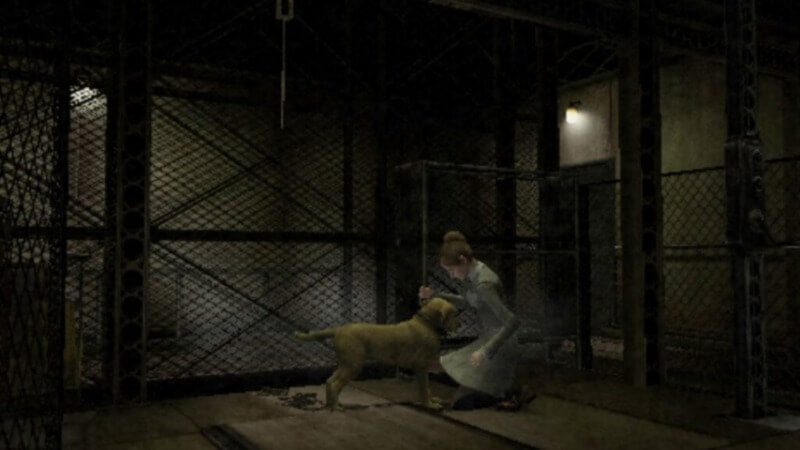
After a moral panic over its LGBTQ+ themes resulted in a ban in the UK and a limited US release, Rule of Rose is one of the rarest PS2 games (the NTSC version goes for as much as $1K on eBay). However, if you manage to find a way to play it (or watch on YouTube, where it gained much of its modern online following), you’ll find a transgressive, openly queer story about the dynamics of power between children and adults. Much like Silent Hill, it leans in on externalizing the traumas of its protagonist, while also taking more inspiration from dark fairytales.
Interestingly enough, Onion Games, which handled the recent Moon remaster, has expressed interest in re-releasing the game, even if they “can’t guarantee that any of these initiatives will have more than a 1% chance of happening.” That sounds like a higher chance than getting a physical copy, so we’ll take it. In all honesty, considering how thoroughly its gameplay was panned at release, YouTube may actually be the best way to experience this one, but still, the fact that such a unique experience remains almost impossible to play due to 20-year-old censorship isn’t right.
Eternal Darkness: Sanity’s Requiem
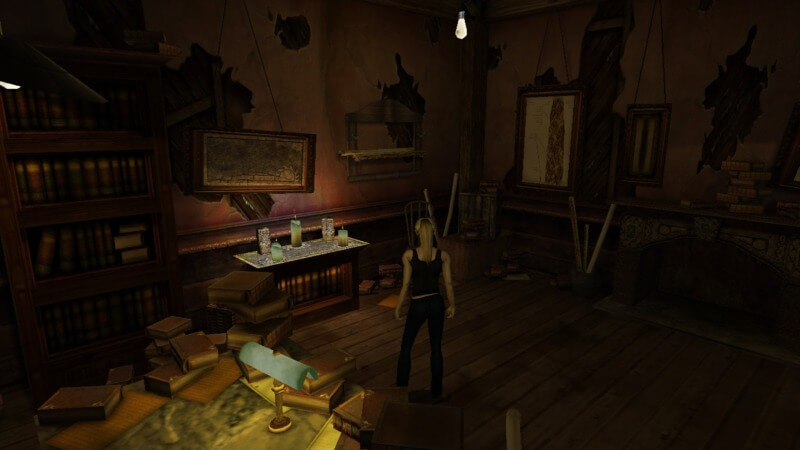
Seemingly trapped on the GameCube until the end of time, Eternal Darkness: Sanity’s Requiem has to be among the most acclaimed, well-known games that not that many people actually played (it was considered a commercial failure at the time despite receiving a glowing critical reception). The narrative is time-hopping and bold, following several characters from across centuries. Meanwhile, its central gameplay was similarly ambitious, and the world shifted around you as your “Sanity Meter” decreased, resulting in iconic fourth wall breaks meant to trick the player into thinking that their game disc wasn’t working or that their GameCube just bit the dust (a much more frightening proposition than any supernatural jumpscare).
Despite its developer, Silicon Knights, going out of business amidst controversy more than a decade ago, Nintendo has been renewing the game’s trademarks for quite some time, making it possible we may see more of it someday. Realistically, a re-release would probably be tied to the Nintendo Switch 2’s GameCube emulator, which requires a $500 console and the most expensive subscription tier for its online service. But maybe, just maybe, it will be a video game we can just buy directly, like the Virtual Console days (a guy can dream). Regardless, this one probably has the highest chance of re-releasing someday.
Elijah Gonzalez is an associate editor for Endless Mode. In addition to playing the latest, he also loves anime, movies, and dreaming of the day he finally gets through all the Like a Dragon games. You can follow him on Bluesky @elijahgonzalez.bsky.social.







